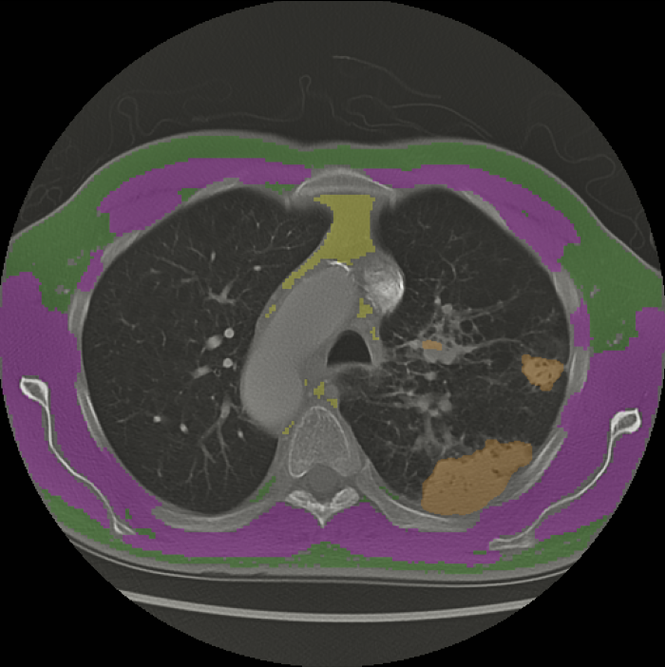Dr. Jeremy Petch, CREATE director
By: Joanna Zuk, Hamilton Health Sciences
Hamilton Health Sciences (HHS) is joining forces with Toronto-based Altis Labs to revolutionize cancer research through cutting-edge artificial intelligence (AI).
This innovative partnership focuses on developing AI models that can better predict patient outcomes in breast cancer, which remains the most common cancer among women worldwide. The goal is simple but powerful: improve the precision of cancer prognosis, allowing for researchers to better measure the impact that treatments have in terms of survival benefit.
Altis Labs is already a leader in lung cancer prognostic research. Their AI model, IPRO (Imaging-based Prognostication), uses advanced machine learning models trained on over 100,000 CT scans to predict disease progression and treatment effectiveness. This approach has proven to be highly promising when tested using scans of 20,000 lung cancer patients in Alberta, the results of which were recently presented at Europe's largest oncology conference. Now, the partnership between HHS and Altis Labs aims to bring the same level of innovation to breast cancer.
“Keep in mind, the primary CT that's taken for a lung cancer patient, is that of the chest," says Duoaud Shah, Altis, vice president of clinical partnerships. “For a breast cancer patient, it's the same kind of CT that's taken. So, let's see how our lung cancer model would actually perform on breast cancer patients. How generalized can a model that's trained on lung cancer be? That's the first step we're investigating."
Precision medicine for breast cancer
The HHS CREATE team has been instrumental in building a comprehensive, de-identified registry of breast cancer data, pooling clinical and imaging data from the Ontario Clinical Imaging Network (OCINet).
Staffed with experts in software engineering, AI and data sciences, CREATE works with hospital clinicians including physicians to develop new ideas and create digital solutions that fundamentally reimagine how health care is delivered. CREATE also works with organizations in both the public and private sector, from local start-ups to national agencies and international bodies.
Integrating data from nearly 8,000 HHS breast cancer patients, Altis will train models that not only analyze tumor features but also derive insights from thousands of other features embedded in scans that are not typically evaluated by human radiologists.

Example baseline CT scans with automated segmentations depicting a subset of lesions and tissue types. From each CT, over 5,000 spatial imaging biomarkers are extracted, enabling model explainability and correlative analyses. Orange = Lesions Yellow = Visceral Fat Purple = Skeletal Muscle Green = Subcutaneous Fat
Leveraging AI for Faster Clinical Research
The AI models also have major implications for clinical trials, where reducing the time it takes to determine drug efficacy could significantly accelerate access to new, effective treatments.
The collaboration between HHS and Altis Labs holds significant potential to transform cancer research and care, not only for breast cancer patients but also for the broader oncology community. By developing and validating AI-driven models, this initiative aims to give clinician scientists more tools to conduct data-driven research and generate higher quality evidence from the IPRO models.
Future Impact on Patient Care
“This partnership represents a major step forward in advancing precision medicine," says Dr. Jeremy Petch, director of HHS CREATE. “By curating such a large dataset, we are enabling the development and rigorous validation of AI that will hopefully have significant clinical utility and improve patient outcomes."
Felix Baldauf-Lenschen, CEO of Altis Labs, echoed this excitement, stating, “We are delighted to work with HHS and Dr. Petch's team given their fantastic track record for enabling outstanding patient care and research. This collaboration allows us to expand our expertise from lung cancer to breast cancer, and help to grow the largest cancer imaging database for AI research in the world."